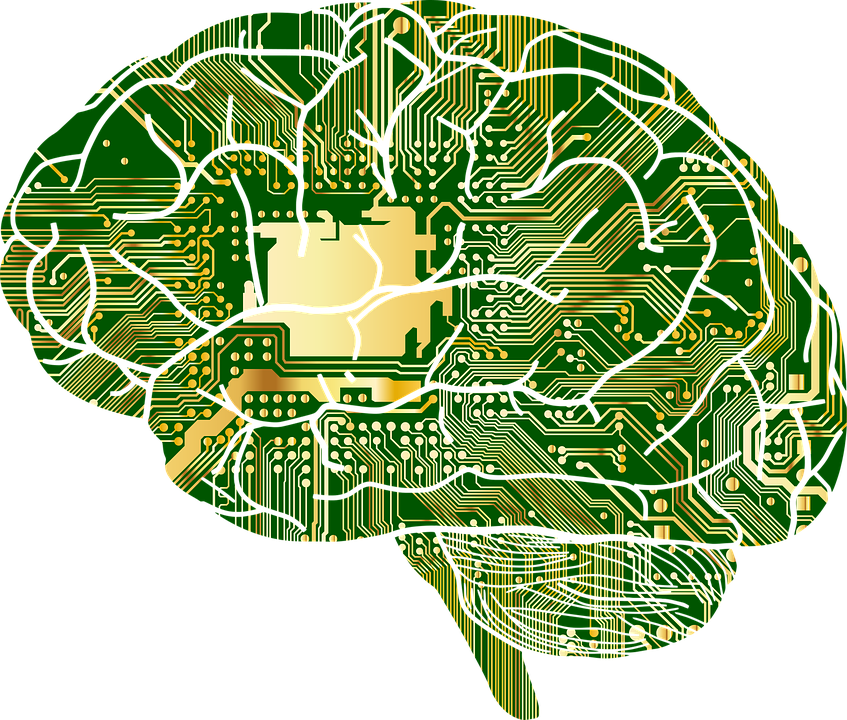Think back to the last time you made an important decision, whether in your personal life or in business. Was it an entirely logical process, a dispassionate analysis of costs, benefits and risks? Or, were you influenced at least a little bit by your emotions? Maybe you were afraid of inaction, or of change. Maybe you wanted to prove something to yourself or an observer. Maybe you were just having a bad day, or a great one.
We like to think that our decisions — especially our business decisions — are based on careful, logical thought, and that we are always choosing the best option with the information we have. You might be able to easily dismiss these factors, or believe that your rational mind overcame any baser, emotional instincts that may have clouded the waters. It’s a seductive thought, but is it true?
In fact, the research on decision making suggests you’ve rarely made a truly rational decision in your life. In his book on reasoning, Nobel laureate Herbert Simon suggests that you cannot even begin to understand the mechanism of human rationality without understanding how emotion plays into our thought processes.
It can be scary how right he is.
And your emotions don’t just effect the little decisions like which tie to wear today, either. Researchers have shown that things as seemingly trivial as feeling happy on a sunny day or upset when your country’s team is eliminated from the running for the Word Cup can have a huge effect. In both of these cases, the collective good mood was correlated with a rise in the stock market across 26 countries, and the nation-wide bad mood was associated with a decline in stock market returns.
That’s a pretty important consequence for a bad mood. The good news is, this doesn’t mean we have to be ruled by our emotions. It is when we are unaware or refusing to acknowledge the role of other factors in our decision making that we are vulnerable to making mistakes. Now that you’re armed with this knowledge, you can guard against faulty, emotion-driven decisions and zero in on the truly best decision for you and your business.
The two best things you can do are: be aware, and be measured.
The next time you are faced with an important decision, take a step back and ask yourself if you are truly coming to this question with a clear and rational mind. Think through everything that could be negatively affecting your partiality. Is this an emotion-laden issue for you? Did you have a fight with your spouse yesterday? Are you still grumpy from being stuff in traffic this morning?
Once you’ve identified your biases, you’ll need to separate them from the task at hand. That might simply mean taking a few days off from the decision before returning to it, or if you can’t afford days, giving yourself an hour with a good book or a different task that you enjoy. It can even help to simply tell yourself, it was just a traffic jam or that thought is clouding my decision making, I have to discount it from my process.
The second greatest factor is time. Whenever possible, give yourself a week to sleep on a big decision. While our emotions fluctuate throughout the day, they are usually short lived and we return to our baseline over time, which means that slow decisions are more able to be logical ones.
It may seem hard to believe, but even the best among us are vulnerable to this kind of emotional thinking. Those that are truly making the best, most rational decisions do so by mastering their biases with these techniques.

